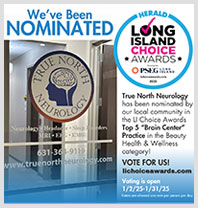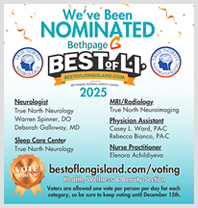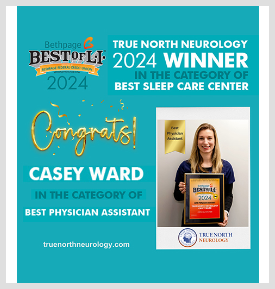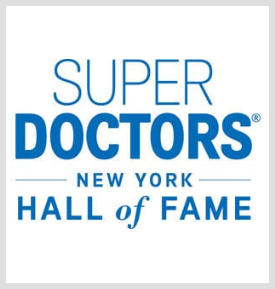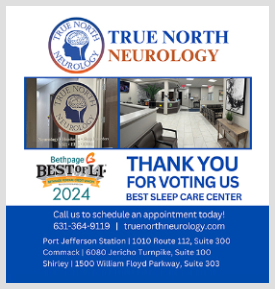Sleep Disorders
Sleep is essential for your physical health and emotional wellbeing. Everyone experiences occasional sleeping problems, but if you experience problems sleeping repeatedly, it could indicate an underlying health problem. Sleep disorders are problems associated with sleeping, including difficulty falling or staying asleep through the night, feeling sleepy during the day, or waking up feeling exhausted. Because of lack of sleep you may find it difficult to concentrate and perform activities of daily living. This lack of sleep can lead to depression, mood swings, or other health problems.
Some of the common types of sleep disorders include:
- Insomnia: Insomnia is a type of sleep disorder in which the person has difficulty falling asleep or staying a sleep.
- Sleep apnea: Sleep apnea is a common sleep disorder in which breathing stops or gets very shallow during sleep. These breathing pauses last between 10 to 20 seconds or more.
- Restless leg syndrome (RLS): Restless leg syndrome is a disorder characterized by a tingling or prickly sensation in the legs and an urge or need to move the legs.
- Narcolepsy: Narcolepsy is a sleep disorder that causes excessive daytime drowsiness and sudden onset of sleep.
- Parasomnias: This refers to abnormal behaviors that occur during sleep. Parasomnias include nightmares, night terrors, sleep walking, and sleep talking, head banging, wetting the bed and grinding teeth.
Treatment
Sleep Disorder treatment can be classified into two main categories: pharmacological treatment and non- pharmacological treatment.
Pharmacological treatment includes any prescription or non-prescription medications to help prevent the onset of the symptoms or treat the developed symptoms. Depending on the type of disorder, treatment could include sedatives (in case the condition is related to insomnia), or stimulants (in case the condition is related to narcolepsy or sleep apnea).
Non-pharmacological sleep treatment refers to those options that do not require the use of prescription or non-prescription drugs. These may include behavioral therapy, medical equipment, surgery, and other options. Surgery may be needed to correct the anatomic abnormalities of the upper airway which can lead to the onset of obstructive sleep apnea. Behavioral treatments for sleep problems may include relaxation training, cognitive therapy, stimulus control (SC), sleep restriction therapy (SRT), and sleep hygiene. Behavioral therapy can be used to treat people with insomnia, parasomnias, bedwetting, and other sleep problems. Another option is the use of different types of medical equipment such as "continuous positive airway pressure" (CPAP) and bilevel -- or BiPAP for the treatment of sleep apnea. CPAP is a device that prevents narrowing of the airway during inspiration and expiration by providing a persistent increased pressure. Another similar option is "bilevel" in which the face mask allows for two different alternating pressures: one with inhalation and one with exhalation. Other non-pharmacological treatment options for sleep disorders include mandibular advancement devices, nasal strips, positional therapy, and playing didgeridoo (a wind instrument) to strengthen the upper airway.
Lifestyle changes, such as beginning a regular exercise program, establishing regular sleep patterns, and eliminating or decreasing the use of caffeine, alcohol, and tobacco, may also be helpful.

